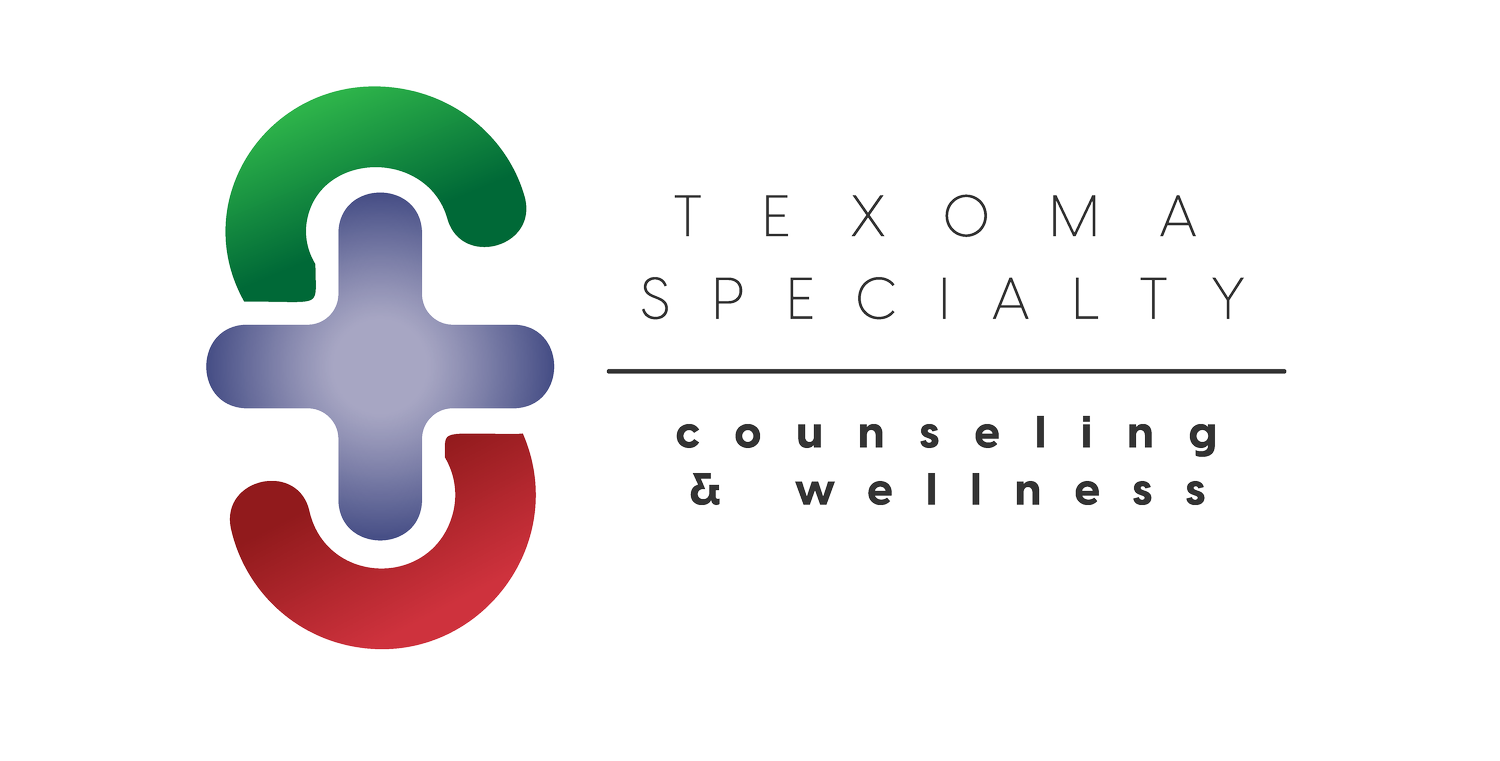The Eating Disorder Holiday Survival Guide
Surviving the Holidays with an Eating Disorder
This time of the year is so hard for someone with an eating disorder. There is food everywhere.
There is talk of dieting everywhere. It is hard to catch a break. Like so many of my clients the holiday season can be stressful and overwhelming. But there is hope. You can get through the season and not let your eating disorder get the best of you.
Surviving the holidays when you have an eating disorder is not always easy. If you’re like many of my clients, you might not be looking forward to the holiday parties, events, dinners, and plans. 🎄🍽️
For most, this is overwhelming because you know there will be food involved, and fear causes anxiety. You may be worried:
People will judge what you are eating 🍗❓
Someone will comment on your body 🗣️👀
Someone will comment on your food choices 🌽🍰
People will stare at you while you’re eating 👀😨
A family member will say something upsetting 😡💔
Stress and anxiety from family dynamics will indirectly impact your appetite and ability to eat comfortably 🥺😞
Not all families are supportive, and spending time with certain family members can cause stress, upset, and anxiety. Here are some tips to help you survive the holidays if you’re navigating an eating disorder. 🌟
Your Holiday Survival Guide
💡 Let me start by saying that this guide should not replace therapy. Every eating disorder is unique, and so is every individual. This is a general guide to help you manage this holiday season with a little more ease.
1. Align Your Support 🤝💬
Identify a supportive friend or family member who will attend events with you.
Let them know about your struggles and ask for their help.
Ask them to assist if a conversation becomes triggering or destructive.
2. Allow Your Support to Help You Eat 🍴✅
Trust your support person to guide your meal portions and food choices.
Your eating disorder may cause doubt about what to eat, so lean on their perspective for clarity.
3. Remember: There Are No Rules for Eating ✨🍪
Know that all foods are okay, and you can eat what and how much you want.
Use others at the table to help pace yourself and engage in conversation to remain mindful.
4. Have a Plan 📋🛠️
Work with your therapist and dietician to prepare a plan for meals and coping strategies.
Anticipating challenges can help you feel more in control and prepared.
5. Affirmations and Positivity 📝💕
Write down affirmations like: "All foods fit," "I choose what I put in my body," and "I deserve to eat and enjoy food."
Refer to these during moments of doubt.
6. Know That Your Eating Disorder Is a Liar 🧠🚫
It will lie about your body, food, and the people around you.
Work with your treatment team to differentiate between ED thoughts and recovery-focused thoughts.
7. Avoid Diet Culture 🚨📵
Unfollow diet, fitness, and weight-loss accounts on social media.
Protect yourself from triggering content during this time (and always).
Do what you can to enjoy this time. 🕊️💞 Spend time with those who truly support you and understand your journey. The holidays can be tough, but they also offer an opportunity for joy and strength in recovery. The most important step? Reach out for support. Even if you don’t know what you need, asking for help is a powerful move toward healing. 🌟
This blog is from my original post on how to survive the holidays when you have an eating disorder, here.


